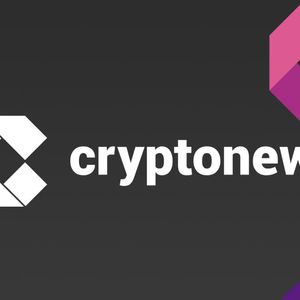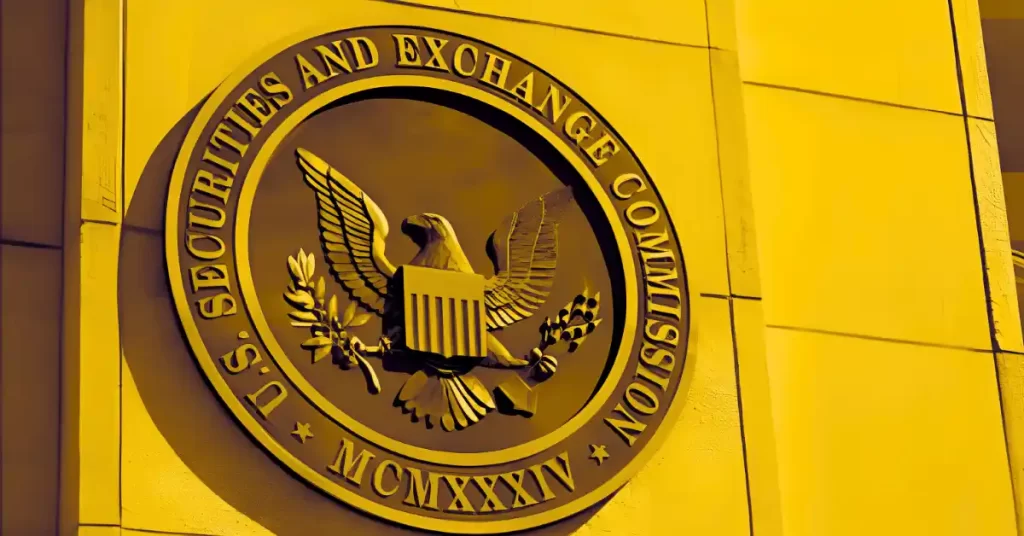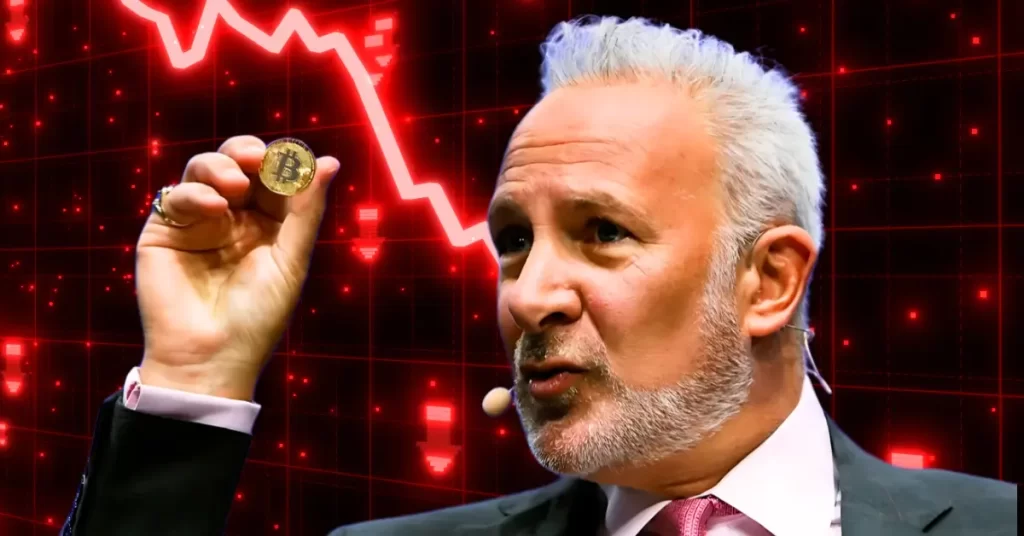Lawmakers in Wisconsin are pushing forward Assembly Bill 471 , a proposal that could significantly reshape the state’s approach to crypto regulation by exempting several digital asset activities from money transmitter licensing requirements. The bill, introduced by a group of Republican legislators with one Democratic co-sponsor, was referred to the Committee on Financial Institutions earlier this week. It seeks to clarify how the Wisconsin Department of Financial Institutions (DFI) treats crypto-related operations, setting out explicit exemptions for activities that have often existed in a regulatory gray zone. Wisconsin Bill Seeks to Exempt Crypto Mining, Staking, and Transfers from Licensing Rules Assembly Bill 471 seeks to exempt individuals and businesses engaged in mining, staking, developing blockchain software, or transferring digital assets from having to obtain a DFI money transmitter license. This carve-out could lower barriers to entry for startups and independent operators by removing one of the most significant compliance hurdles. The bill also shields digital asset exchanges when transactions do not involve converting crypto into U.S. dollars or depositing customer funds into traditional banks. In practice, this would allow platforms facilitating crypto-to-crypto transfers to operate without needing transmitter licenses in Wisconsin. The legislation goes further by protecting everyday users and entrepreneurs. Residents would explicitly be free to accept cryptocurrencies as payment for goods and services and to store assets in self-hosted or hardware wallets without regulatory constraints. The text also ensures that Wisconsinites can operate blockchain nodes, develop applications on blockchain protocols, and participate in staking activities. Importantly, it includes a securities exemption for third-party staking providers, provided that the rewards distributed originate directly from blockchain networks rather than from intermediary profit models. Backers argue that the legislation reduces regulatory gray areas and supports the growth of digital asset businesses in Wisconsin. If enacted, the measure could encourage more entrepreneurs to set up operations in the state, with fewer hurdles around licensing. However, proponents of stricter oversight warn that exemptions such as those in Assembly Bill 471 could complicate coordination with federal regulators, including the Securities and Exchange Commission (SEC) and the Financial Crimes Enforcement Network. Source: Bitcoin Laws Notably, Assembly Bill 471 has a 25% progression rate, according to legislative trackers, as it must clear committee reviews and chamber votes before reaching the governor’s desk. While Republican sponsors have pushed for broader adoption of crypto-friendly policies, Democrats remain cautious. Wisconsin Expands Crypto Push as States Race Toward Bitcoin Reserves and Blockchain Laws Wisconsin has already signaled an openness to digital assets. Last year, it became the first U.S. state government to gain exposure to Bitcoin through an investment in BlackRock’s iShares Bitcoin Trust. In July, Democrats introduced a separate measure targeting cryptocurrency kiosks, requiring operators to obtain Division of Banking licenses, display fraud alerts, and conduct full know-your-customer checks. The proposal also seeks to cap transactions at $1,000 per customer per day. Wisconsin's leading pension fund bought shares in both BlackRock and Grayscale's Bitcoin ETFs. Here's what you need to know. #BitcoinETF #SWIB #SEC https://t.co/mslOWIlBCk — Cryptonews.com (@cryptonews) May 14, 2024 Similarly, the state launched a scam tracker to warn the public about fraud after residents lost $3.55 million to scams since 2022, with most cases tied to pig butchering schemes and fake crypto platforms. Meanwhile, this proposal follows a growing trend among U.S. states to position themselves as attractive hubs for blockchain innovation. Wyoming and Texas have passed similar laws, granting more freedom for digital asset custody, mining, and token issuance. Notably, Wyoming launched the Frontier Stable Token (FRNT) on mainnet, becoming the first U.S. state to issue a state-backed stable token through a public entity. Meanwhile, Massachusetts lawmakers will hold an October 7 hearing on Senate Bill S.1967, introduced by Senator Peter J. Durant, which proposes creating a state-backed Strategic Bitcoin Reserve to park surplus funds, hedge against inflation, and diversify assets. Michigan lawmakers also recently revived House Bill 4087 , which would let the state allocate up to 10% of funds to Bitcoin and other cryptocurrencies, potentially joining Texas, Arizona, and New Hampshire in sovereign crypto initiatives. Connecticut goes anti-crypto as Governor @GovNedLamont signs comprehensive Bitcoin reserve ban while 26 states introduce 47 Bitcoin reserve bills with Texas and New Hampshire leading adoption. #CryptoBill #US #Connecticut https://t.co/gqX3eh8YGL — Cryptonews.com (@cryptonews) July 1, 2025 While many states are advancing crypto bills and services, Connecticut takes a hard stance as the state’s governor signed a sweeping ban on state Bitcoin reserves , even as 26 states push 47 Bitcoin reserve bills, with Texas and New Hampshire at the forefront. The post Wisconsin Lawmakers Target Crypto Freedom — New Bill Could Slash Regulatory Barriers appeared first on Cryptonews .














